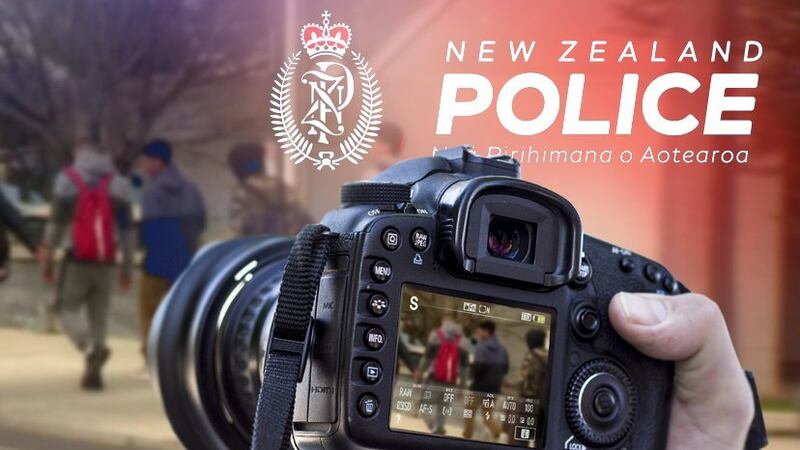The Independent Police Conduct Authority and the Office of the Privacy Commissioner have recommended police change their approach to photographing the public after Wairarapa whānau complained about police staff photographing rangatahi "unfairly" in 2020.
The joint report, released on Thursday, found police staff had a general lack of awareness of obligations under the Privacy Act, which led to officers "routinely taking, using and retaining photos when it is not lawful to do so".
Thousands of photos taken of members of the public were found to have been kept on individual officers' phones. In some cases, even after being transferred to the police computer system, they had not been destroyed after they were no longer needed.
In relation to the initial complaints, the joint inquiry found police were not justified in photographing the rangatahi, as the photographs were not necessary for a lawful policing purpose. It also found police had not properly sought consent from the rangatahi or their parents or caregivers before taking the photographs, and had not adequately explained why the photographs were being taken and what they would be used for. Those complaints were upheld.
The broader investigation found police regularly duplicated 'voluntary' fingerprints and photos, and subsequently held them longer than permitted, of rangatahi who ended up in custody.
Police 'misunderstanding'
Officers were also found to have a mistaken understanding of laws that protect the rights of tamariki. The recommendations include police revising theirpolicies, procedures and training to ensure photographs treated as sensitive biometric information, and all photographs of adults or children are done so lawfully.
Police Commissioner Andrew Coster says police accept the findings into the photographing of rangatahi,p but will take time to consider the broader findings that have 'implications' on police's ability to effectively investigate and prevent crime.
"As an organisation we are committed to ensuring New Zealanders can have trust and confidence in the way personal information is obtained and managed. However, some of the findings and recommendations present significant challenges to our staff being able to carry out their duties successfully. Intelligence gathering, including the taking of photographs and voluntary fingerprints, enables police to carry out core functions as set out by the Policing Act 2008, particularly the prevention and investigation of crime," he said.
He accepts some intelligence-gathering policies do need revision, particularly with the storing of photographs after their use is over.
"We already have robust systems and processes around the retention of fingerprints. Changes are under way following the compliance notice relating to youth photographs issued by the Office of the Privacy Commissioner to Police in December.
"Police have embarked on a training programme that aims to increase awareness of the need to appropriately manage images once they have served their investigative or prevention purpose. The public can be confident that this commitment to balancing investigation requirements with the public’s right to privacy will remain a central concern of our staff."


